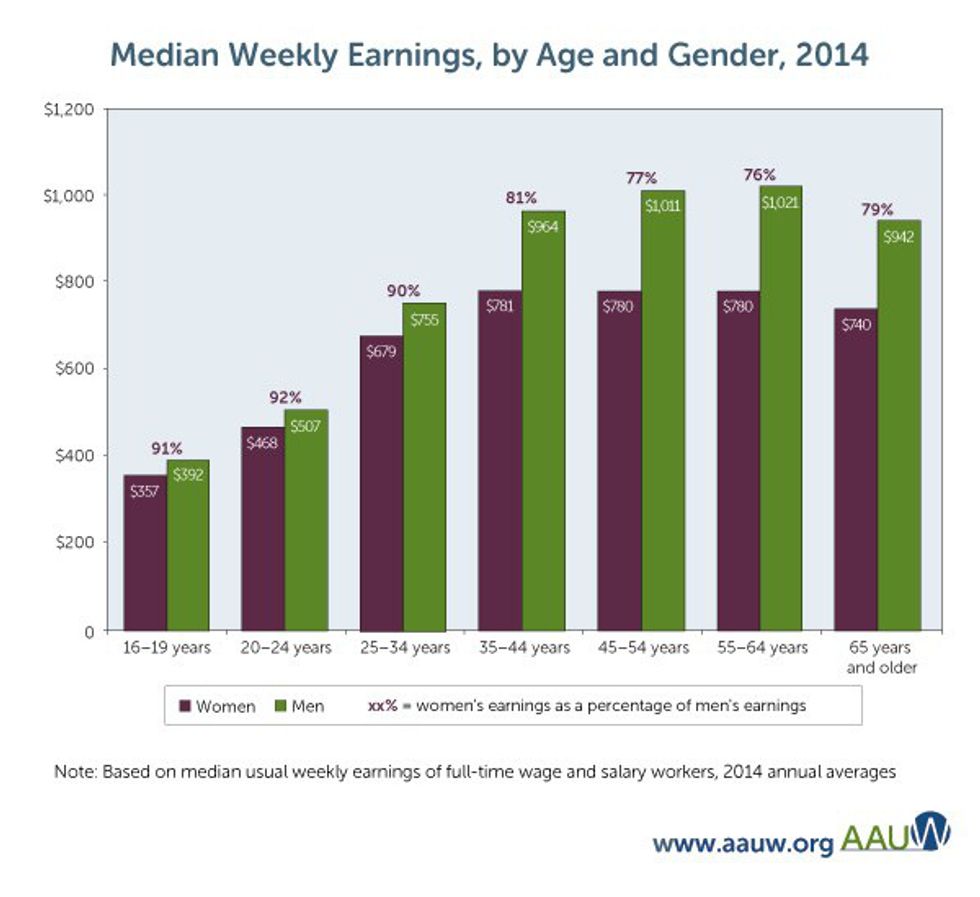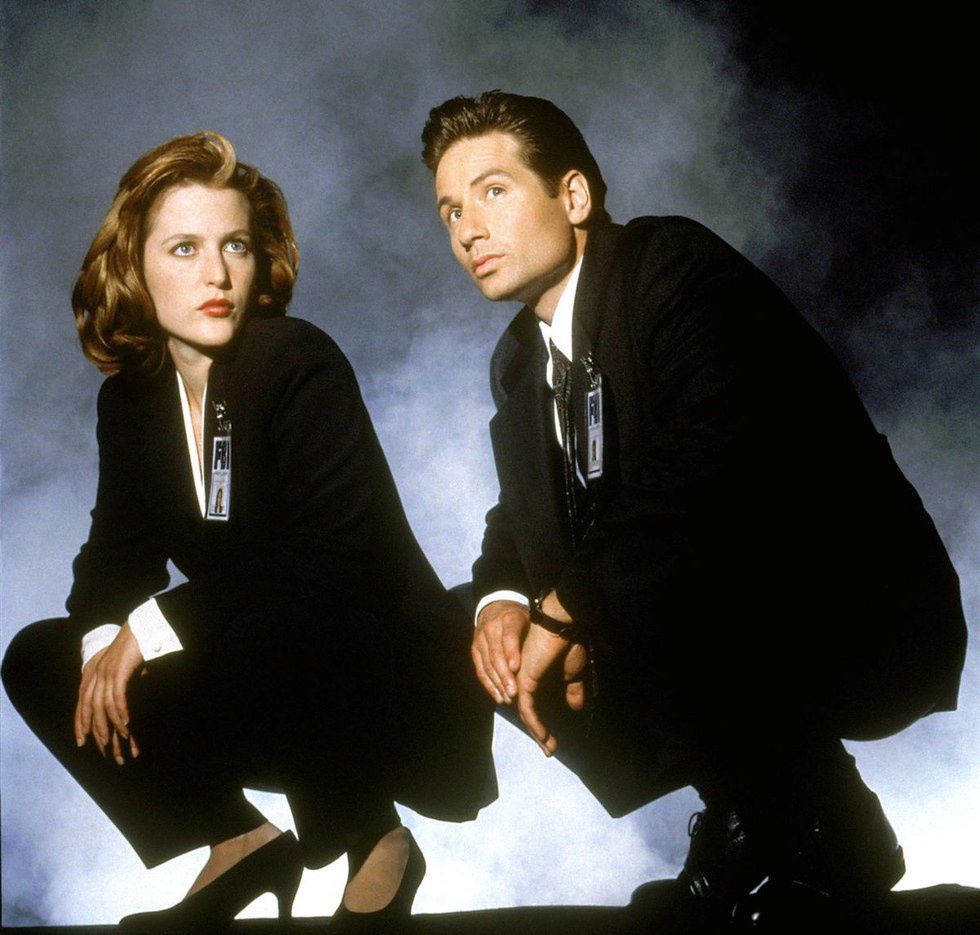As a pretty opinionated woman who attended an all-girls school and took a class on gender politics, I have very little patience for people who disagree with me about gender politics or gender dynamics–it might be a shortcoming, but I dislike having my time wasted.
A few weeks ago, I ended up on a date with someone who, in the course of an hour, managed to hit essentially all the points one should not discuss in polite company when the setting is not a debate. He brought up U.S. politics, international politics and gender politics. The final nail in his coffin was our absolute disagreement on these topics although he was unaware of the extent of said disagreement. As someone who finds it difficult to disagree with people or pursue confrontation, I politely let him talk and quietly disagreed, and I could only imagine what the people around us thought of me for sitting there engaging with him.
Something that really rankled, and continued to bug me for days after, was his stance on gender equality. He told me that the wage gap isn’t real, and that women simply get paid less because they stay home to raise children thereby missing valuable years of experience. At the time, I suggested that the solution might be to have fathers take a more active role in parenting to let mothers work more and get those years of experience. He told me that would be "emasculating" for the dads, and that was the end of that conversation. Later in the night, I found myself thinking about it again, and I got even more annoyed.
There is, in fact, actual data to suggest that women are valued less than men in monetary terms. Talk of wage discrepancies in the movie industry between female actresses and their male counterparts has been on the rise in the last year or so, and the difference in that field strikes me as particularly silly. The basic outline of either a male or female actor’s job is essentially the same: to act. If they were getting paid by the day or by exact minutes on the screen that might be a different situation, but as it is, the money stands as a valuation of their worth to the production.
Just this week I saw a trending topic on Facebook that mentioned Gillian Anderson’s effort to even out the pay gap between herself and David Duchovny on "The X-Files," both in the 1990s and for the reboot series. She managed to get equal pay the first time, and yet the executives still tried to offer her less than Duchovny for the revival series. The original show had another glaring gender gap: The producers requested that Anderson stand a few feet behind Duchovny on camera. Anderson did not put up with that. She certainly overcame the sidekick image the studio might have had in mind. Although it took three years, she managed to eventually get equal pay with Duchovny.
Outside of acting, there is actual, scientific evidence to suggest that women do in fact get paid less in normal jobs––I didn’t spend a semester of high school learning about this for one uninformed guy to convince me it isn’t true. Women generally make 79 percent of what men make, which is an improvement from earlier decades, but data suggests that it could take until 2059 at this rate to reach pay parity between the genders. One graphic put out by the American Association of University Women suggested that for men and women without a high school diploma, women made 80 percent of men’s earnings. The same graph showed that with an advanced degree, although the pay substantially increased, women made only 74 percent of what men did. So, even though my clueless date was convinced that the gender pay gap is a myth, I can promise you it is not.

























